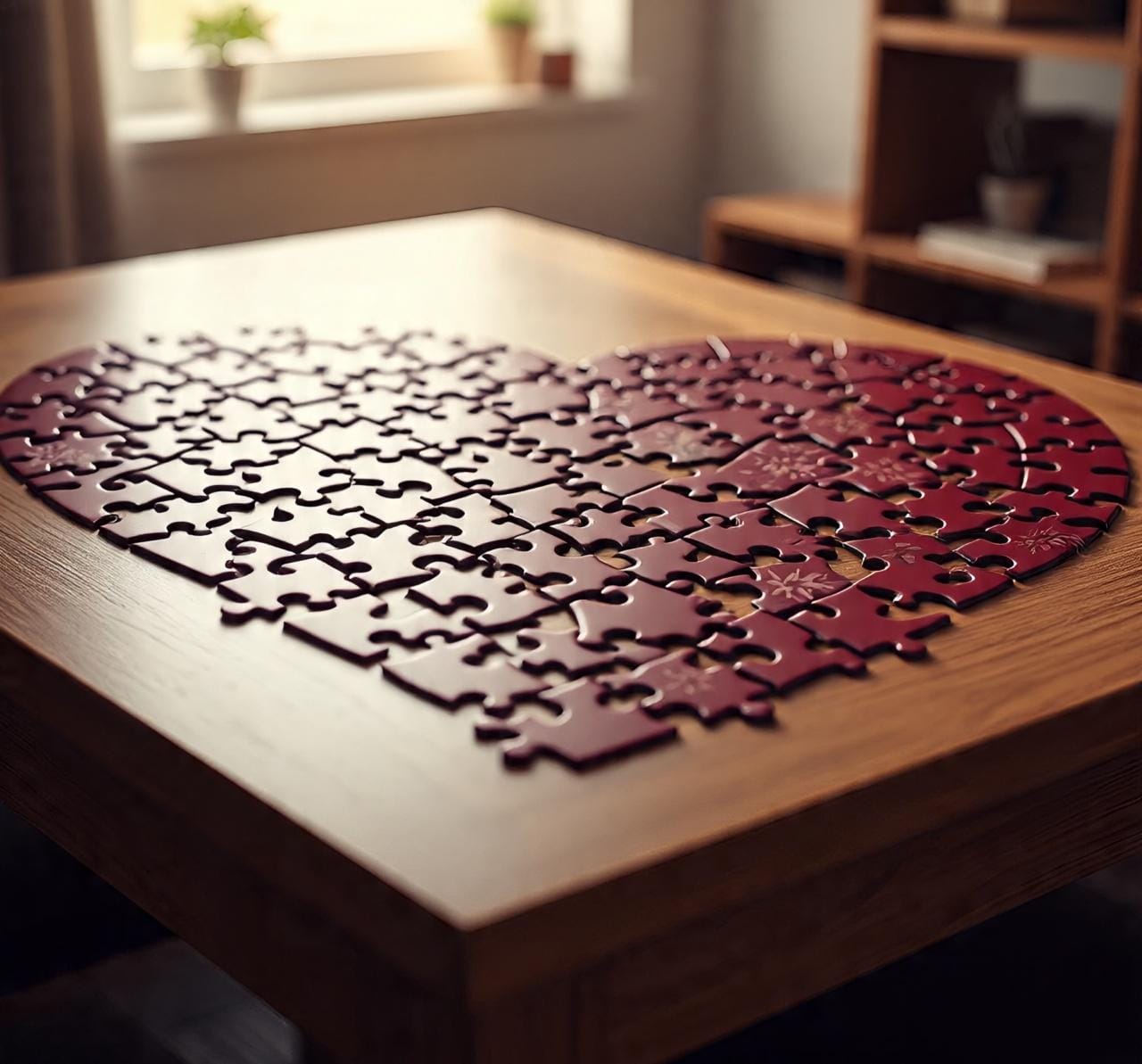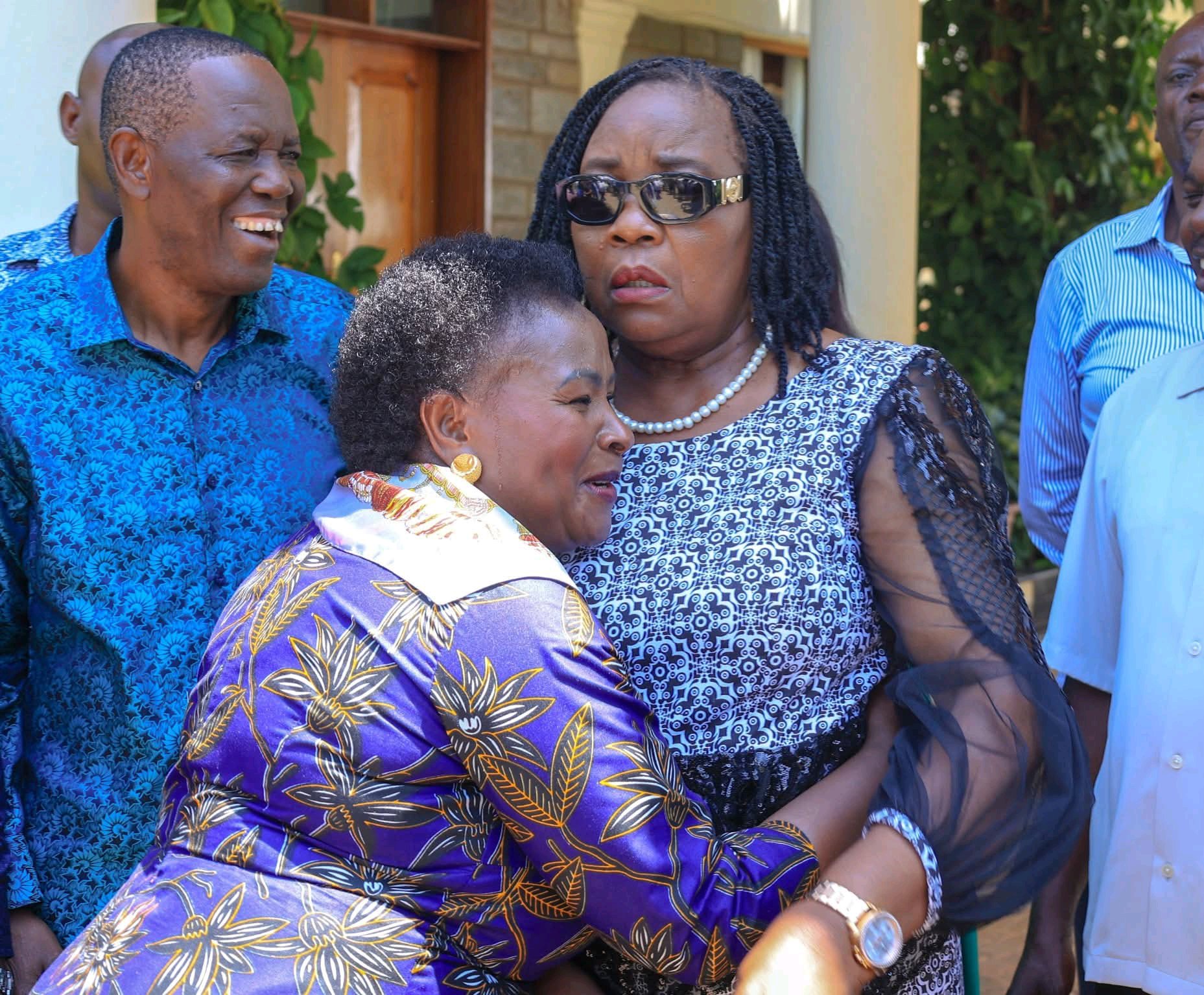I recall a moment when I was questioning the meaning of love. I was going through dozens of books from philosophical to literal to spiritual, searching for answers. But the more I read, the more I realized that love is not just a feeling or a choice, but a commitment to growth of ourselves, of the person we love, of the relationship.
Ever been told something you really wanted to believe but found it hard? I’ve always questioned love. As a term that is just thrown around as often as the clock ticks. But do we really know what it means? I myself still question it. Going through dozens of books from philosophical to literal to spiritual but still… nothing really sings to me about the topic.
Love is whispered grace in quiet moments. It’s recognition. It’s choosing someone even when there’s distance, even when the glow fades, even when you’re scared. Love is showing up, not perfectly, but with intention.
I think of love as the force that insists “you matter,” even when everyone else seems to forget. It’s holding space for someone’s fears, mistakes, and truths, without rewriting them to be more digestible. It means being gentle with someone else’s heart, because hearts are sacred and fragile.
Sometimes people romanticize love like it should always feel euphoric. Like every moment should be full of fireworks. But the truth I’ve learned? Love isn’t always fireworks. Sometimes it’s steady embers. It’s the calm in the storm, the hand you hold when things are falling apart, the forgiveness when they don’t say sorry but they mean it a thousand different ways.
Love isn’t always easy or clean. It’s messy, vulnerable, sometimes gutting. Love is also boundary and self-respect. It’s saying “this is too much” or “I need space,” even when you want to bend so you’re not the one pushing them away. It’s balancing who you are with who you love.
Real love doesn’t demand perfection. It demands honesty. It demands seeing beyond what someone shows the world. It demands that you sometimes stay when you want to run. That you decide, day by day, to be kind, to forgive, to keep caring because it’s not just love to receive love; love is also to give, especially when it’s hard.
What I’ve realized is this: love is not a fleeting feeling. Love is a commitment to growth of yourself, of the person you love, of the relationship. Love means being willing to do the work. Being willing to unravel, to heal, to repair. It means being vulnerable, being brave, being aware that you might get burnt but choosing to show up anyway.
If I had to put it simply: love is the art of choosing someone’s soul, over their shadows, over their flaws. It’s choosing them when you don’t feel like it, when everything else around you is screaming for you to protect yourself, to dig in. Love is the warm home we build when words fail, when actions matter more, when presence becomes safety.
But here’s a question: Do we even have a soul? What does that mean to you? Is it a metaphor for our deepest selves, or something more? Perhaps it’s a reminder that love transcends the physical, speaking to a deeper connection that goes beyond skin deep.
The idea of a soul has been debated across cultures, philosophies, and spiritual traditions. Some see it as an eternal, immaterial essence that animates our bodies. Others view it as a product of brain activity, ceasing to exist when we die. Whether or not we have a soul, love’s impact on our lives is undeniable.
Love can transform us in profound ways, helping us grow, heal, and connect with others on a deeper level. It can be a source of comfort, strength, and inspiration, motivating us to be our best selves. Whether love is a feeling, a choice, or a commitment, its power to shape our lives is immense.
As we navigate the complexities of love, we’re forced to confront our own vulnerabilities, fears, and limitations. And yet, it’s in these moments of vulnerability that we may discover the true depths of our capacity to love.



